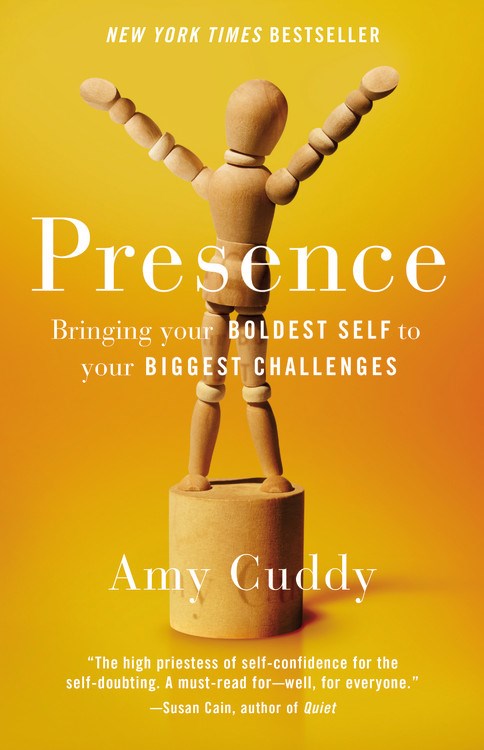Jack Covert Selects - Compelling People

Compelling People: The Hidden Qualities That Make Us Influential by John Neffinger & Matthew Kohut, Hudson Street Press, 304 pages, $25.95, Hardcover, August 2013, ISBN 9781594631016
This book is required reading at Harvard Business School, and for good reason—it helps their students become more successful, and it can do the same for all of us.
There is no denying that how the world sees us can make all the difference in how successful we are, and that is exactly what Compelling People addresses. It teaches us how to use style and approachability to improve others’ view of us and, in turn, our professional lives. It teaches us not only how to become more compelling people, but how to become better at compelling people. (Clever title, no? And not incidentally, the book also covers these dynamics in our personal lives—from social media to dating.) In particular, Compelling People offers insight into how we can fine-tune what we do and say by using two competing yet complimentary forces that are constantly at work in our lives: Strength and Warmth.
It turns out that when we decide how we feel about someone, we are making not one judgment, but two. The criteria that count are what we call “strength” and “warmth.” Strength is a person’s capacity to make things happen with abilities and force of will. When people project strength, they command our respect. Warmth is the sense that a person shares our feelings, interests, and view of the world. When people project warmth, we like and support them.
While each of us exhibit both strong and warm qualities, the authors found through various studies and research that we often fail to utilize the right amounts of each. This is because, although both strength and warmth are positive traits, they can become negative if not balanced for and catered to your specific situation. Awareness is key. Strength and warmth are controllable traits we use in every interaction we have—via our tone of voice, the words we use, how we stand and walk, what we wear, and even how we cut our hair. Neffinger and Kohut explain how we can gain control of these two characteristics:
The question of how to use strength and warmth in your own life begins with your intentions. Who do you want to be? What are you trying to achieve? Does the strength and warmth expressed through your deeds align with what you project in your everyday social interactions? Do you use your strength in the service of others? Do you use your warmth to minimize painful conflicts when you can? Only you can answer for yourself, and there is nothing simple or straightforward about it. It takes courage (strength) to be rigorously honest about your intentions (warmth).
This book helps us become more conscious of traits we might have otherwise overlooked or taken for granted—factors surprisingly within our control that can have a huge impact on our worldview, and the world’s view of us.
